New Maternity And Paternity Leave Protection For Employees
Employees on maternity/adoption/shared parental leave now get extra protection. New fathers can now take time off work more...
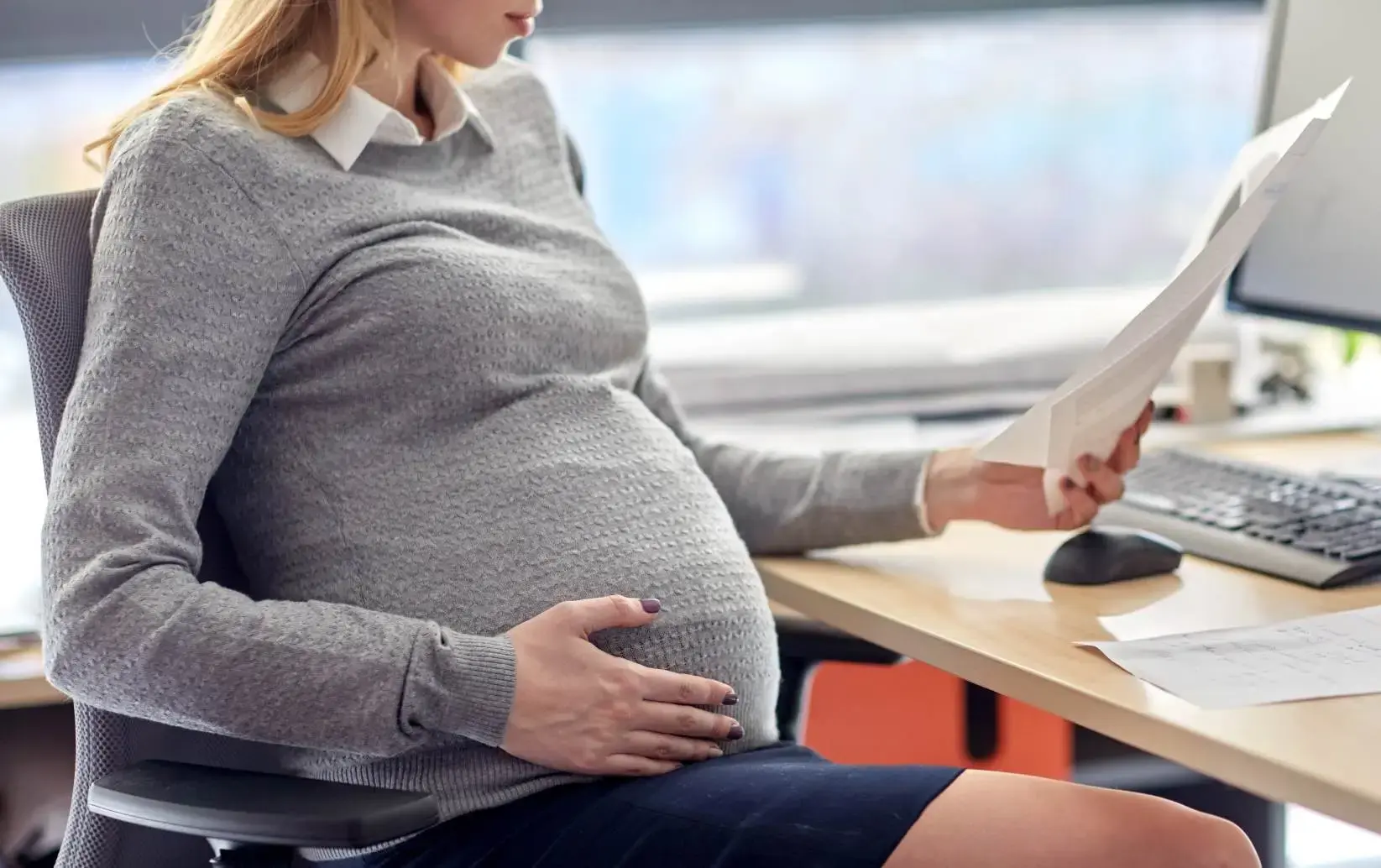

Employees on maternity/adoption/shared parental leave now get extra protection. New fathers can now take time off work more...
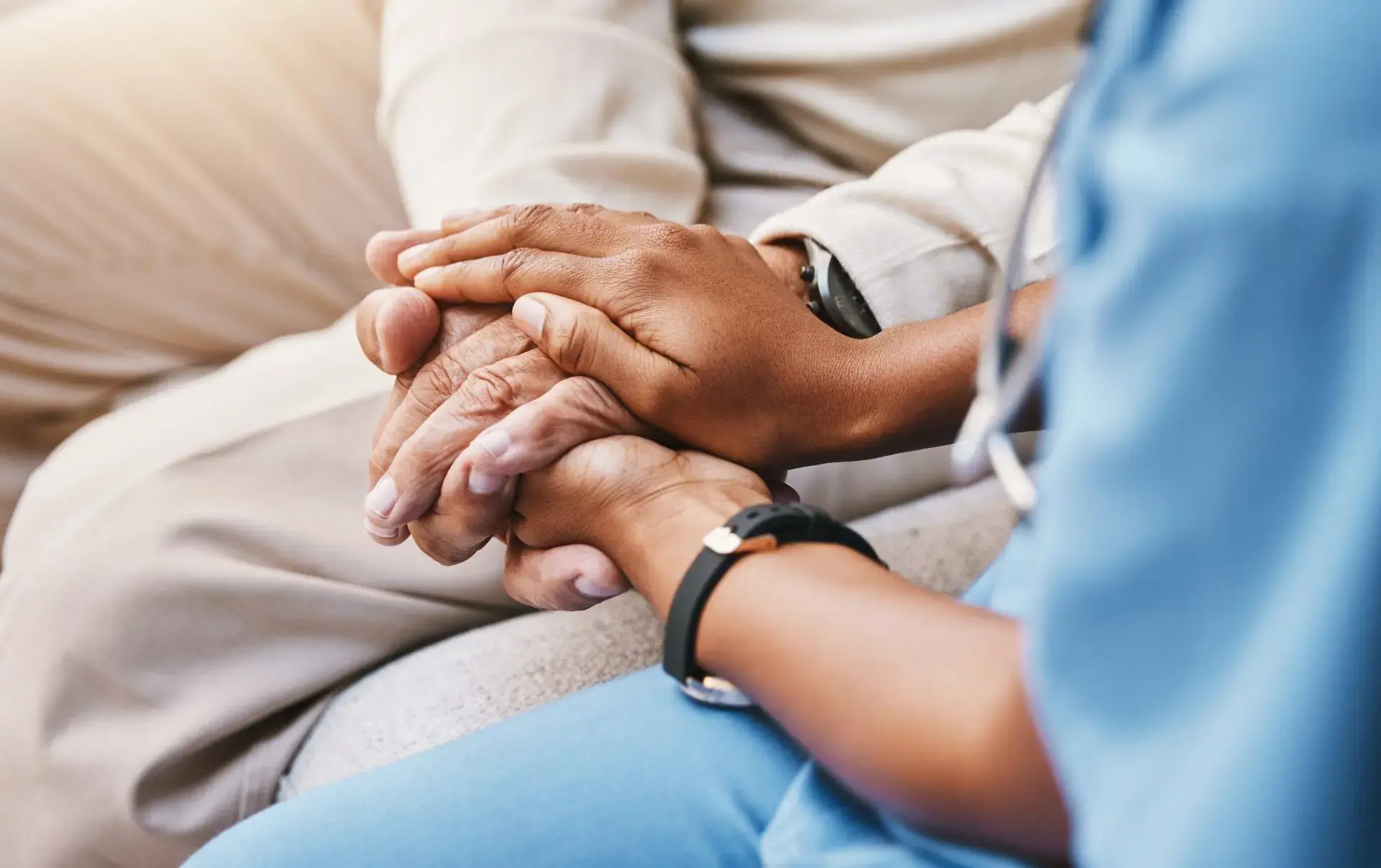
Record numbers of NHS cancer patients are claiming compensation for misdiagnosis and late diagnosis. Payouts have soared to £35.9...
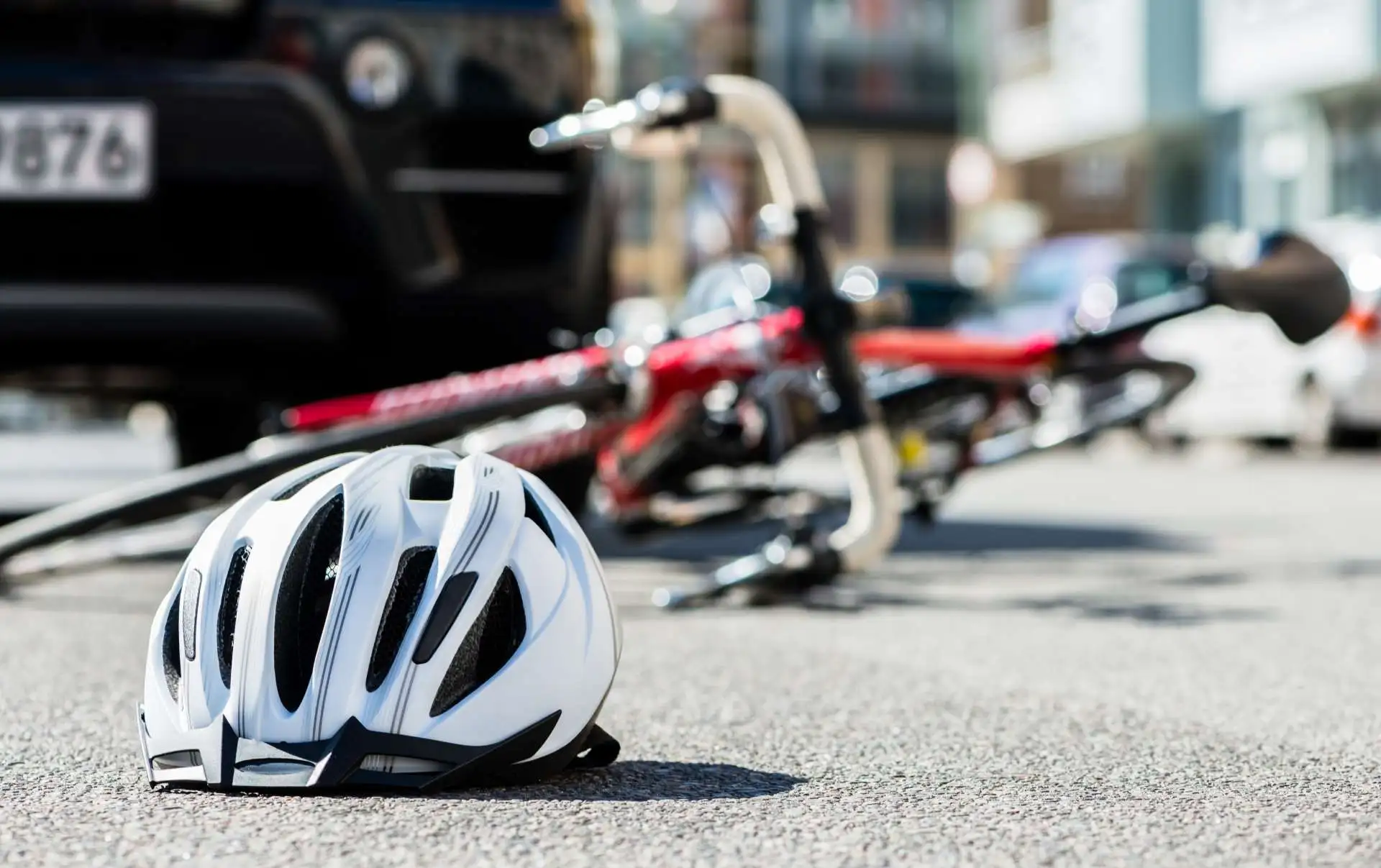
Injured in an accident? You may not get full compensation if you try claiming through the government’s Official Injury Claim...
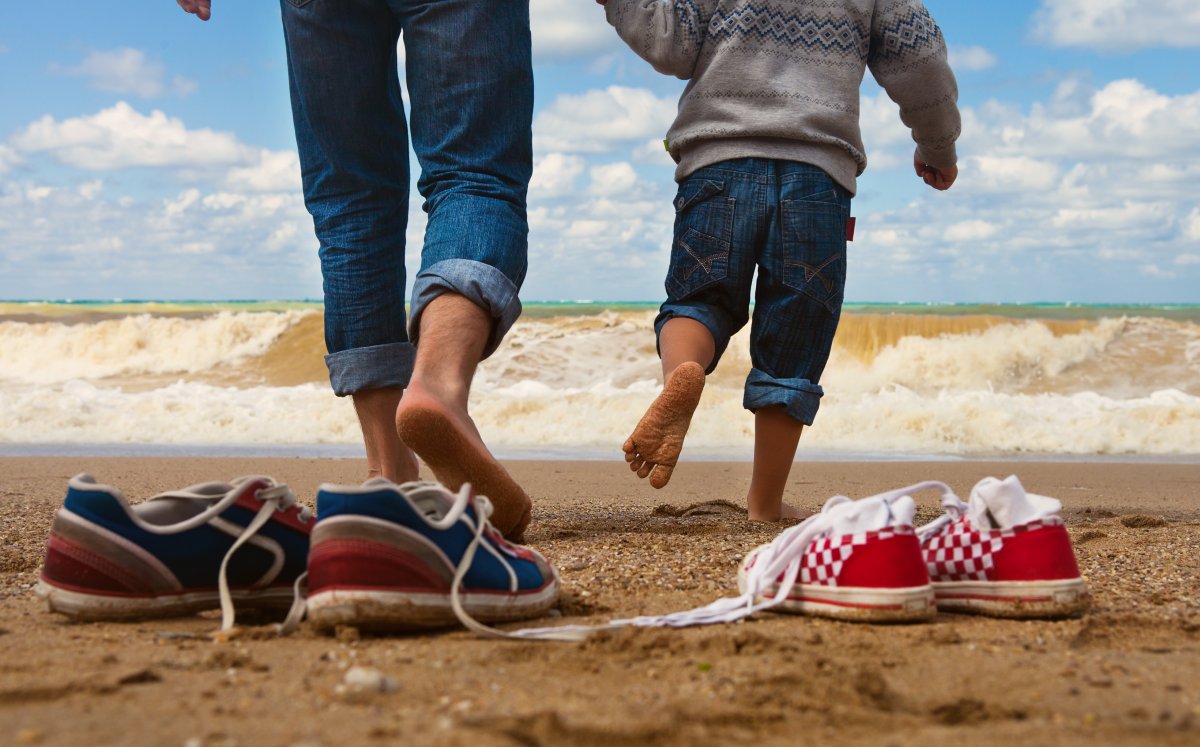
Factors such as the children’s ages, school schedules, where the parents live, and when they work can be considered. Learn more...

Learn how adding a mortgagee protection clause to your lease can help to stop leasehold forfeiture by delaying proceedings. Read...

If you want to emigrate with your children, you will need written consent from the other parent. Learn what to do if they refuse....

If you are ending a relationship that has not been formalised by marriage or civil partnership, you could face some challenging...
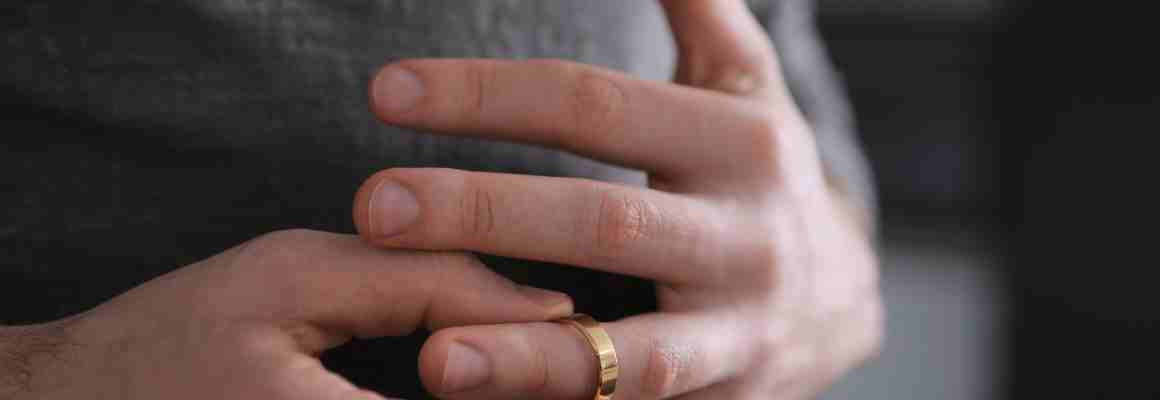
The legal framework for divorce in the UK now applies equally to all married couples, regardless of their sexual orientation. Find...

Does your ex want to take your child abroad? Worried about the Covid19 risk? Or is your ex trying to ruin your holiday? Learn...

How to word bequests correctly. And why solicitors document your instructions. Learn how these factors can help to stop legal...
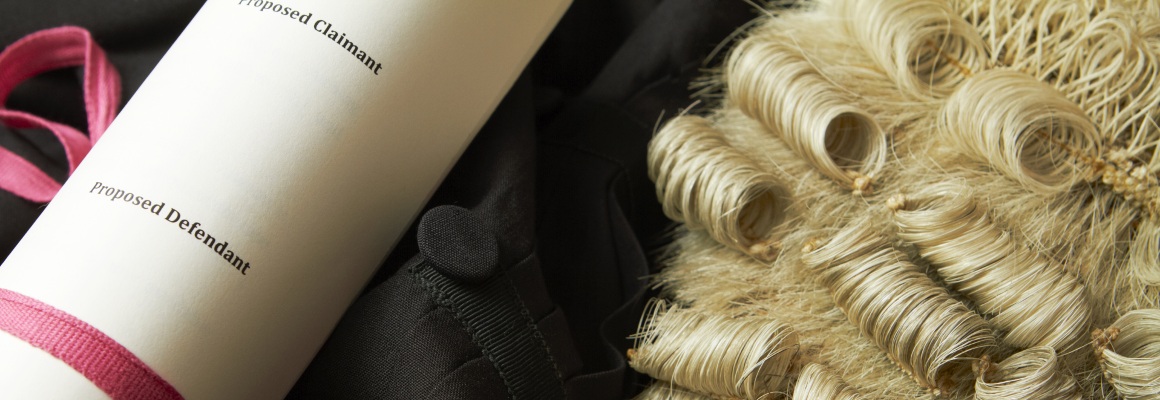
Courtroom disputes over wills have risen by 34% in just five years. Learn how to protect your will from costly legal challenges....

2024 brings a whole host of changes that affect personal finances and household budgets. Read more...

We know that phoning a divorce lawyer is a huge step emotionally. Here's what to expect when you call our expert family lawyers....

How to cope with the cost of getting divorced. How to pay a divorce solicitor and family court fees if you don't have enough in...

DIY divorce can be very time-consuming and stressful. And it can also be very damaging financially, especially if you're a woman....

Thinking of buying your first home? Our expert guidance for first-time buyers can help you understand how to take your first step...
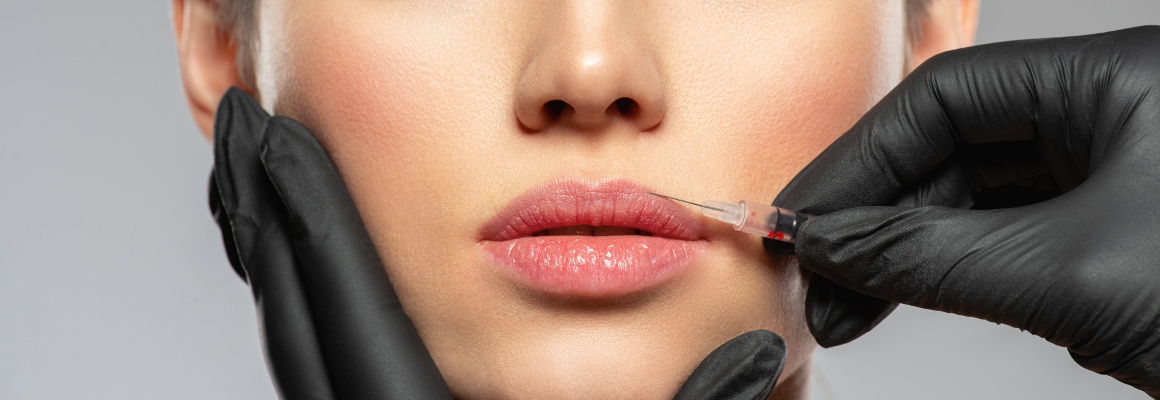
Botched cosmetic surgery and non-surgical procedures can leave patients with disastrous injuries. Learn how to claim compensation....
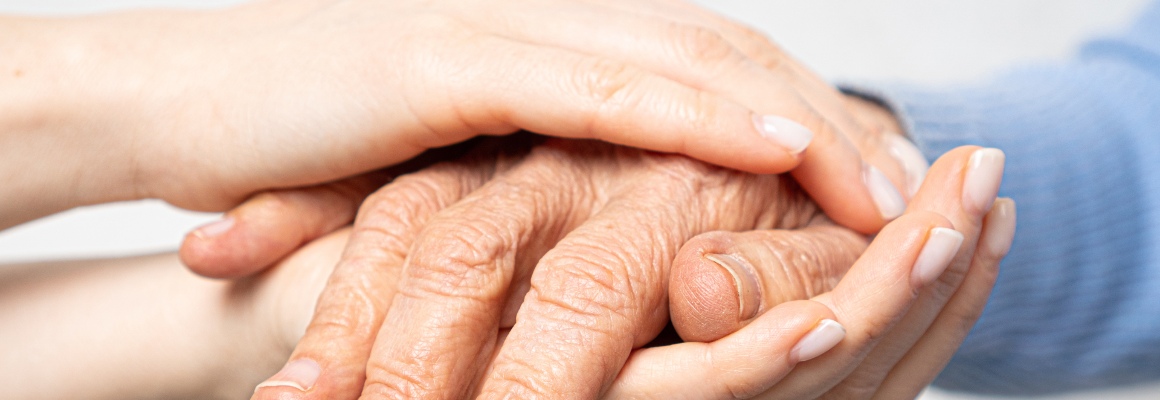
New Carer's Leave Regulations will give greater rights to employees who have a dependent with long-term care needs. Find out what...
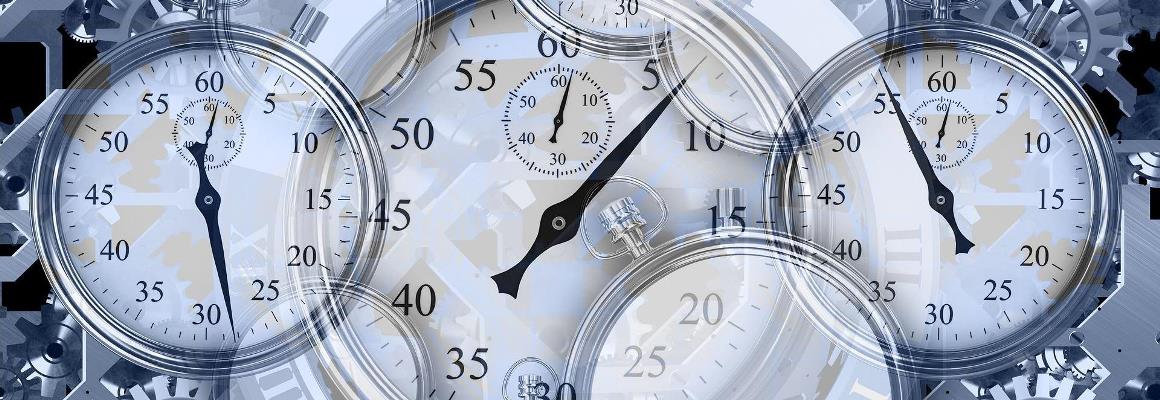
Workers on zero-hours and term-time contracts now have added protection against prorating of annual leave and deductions from...

Christmas should be the most magical time of year...but what if you've just separated from your partner? Read how to cope with...

Read this article to discover best practices for staying safe online and avoiding scams on Black Friday and Cyber Monday.

November 23, 2023

Discover how equity transfer can help you. Learn about the process, your rights, the tax implications, leasehold property rules,...
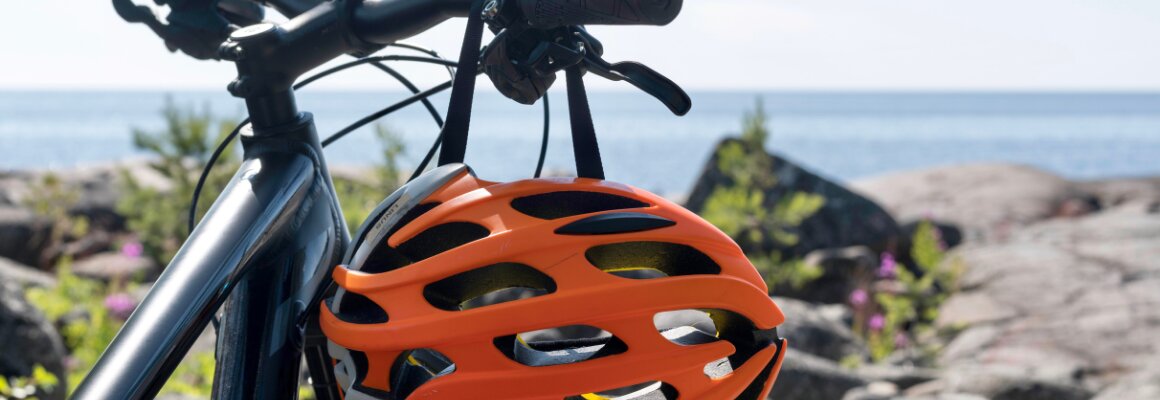
As many as two cyclists die in accidents every week on Britain's roads. And at least 65 more are seriously injured. Find out more...

Leaseholders are looking forward to some very exciting and advantageous new rights under reforms announced in the King's Speech....
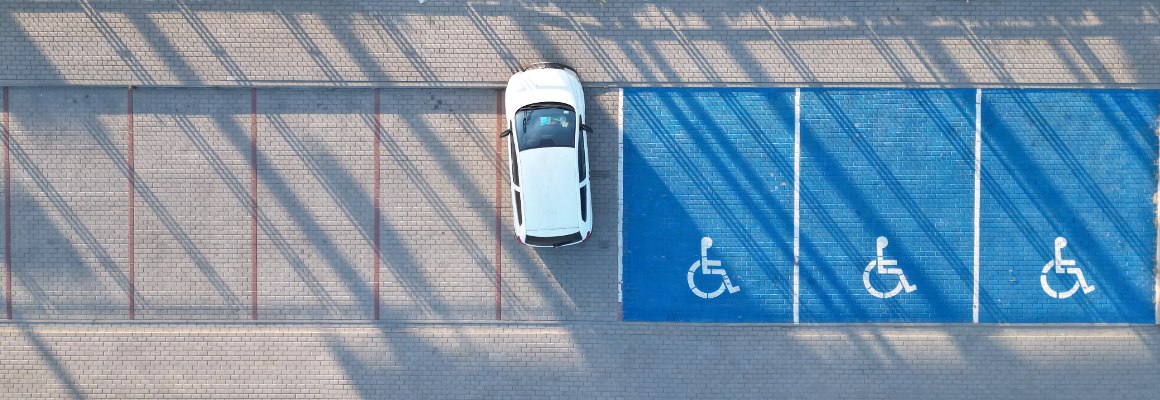
Planning to rent out parking at your leasehold property? It could breach your lease terms! Learn more and discover what you can do...
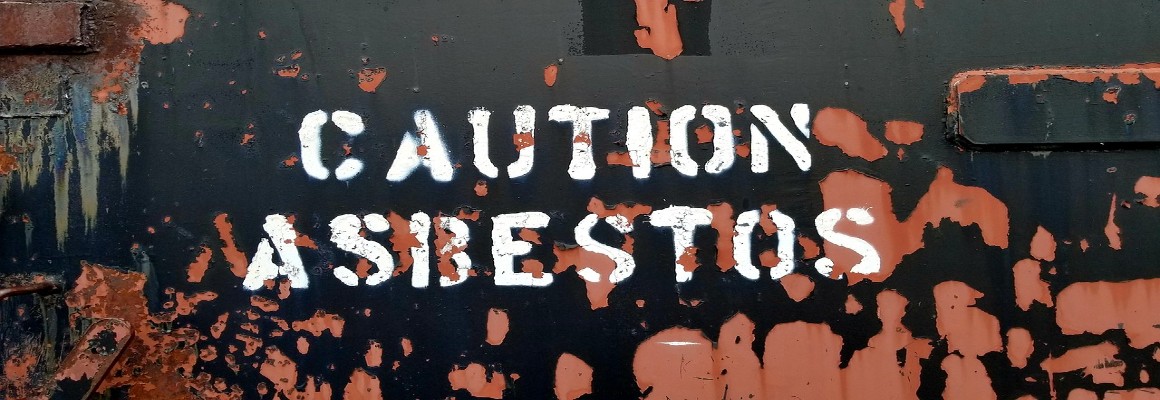
The amount of compensation you can get from asbestos based injury depends on how your breathing has been affected. Claims can...
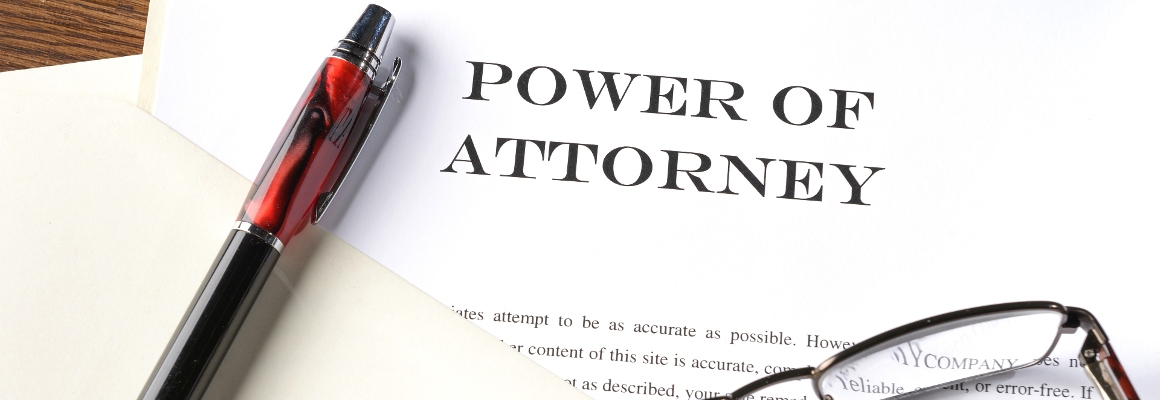
How to register an LPA. Dangers of delaying registration. Risks involved in registering LPAs online. Always use a solicitor. Read...

Do your parents need to change their wills? You should read this blog post first. (You can't use a power of attorney to change a...
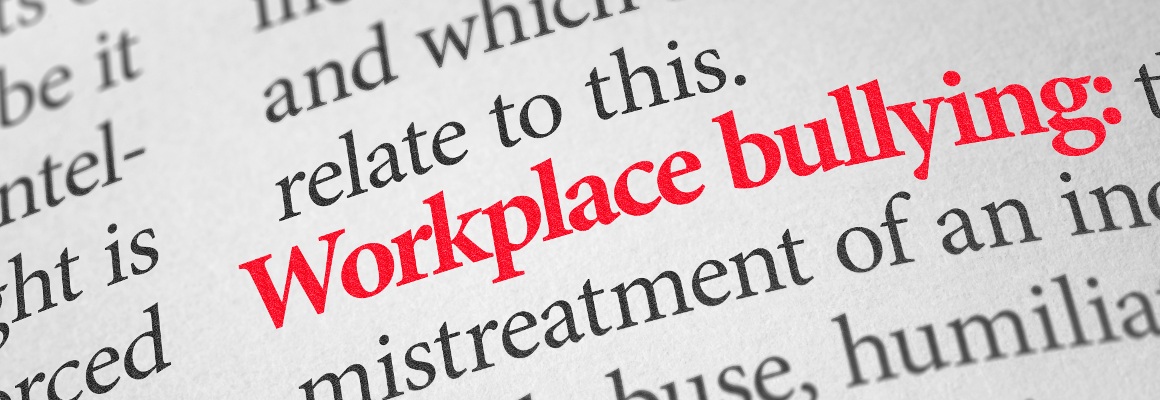
Workplace bullies can cost their employers a great deal of time, money and productivity. Read about planned new legislation...
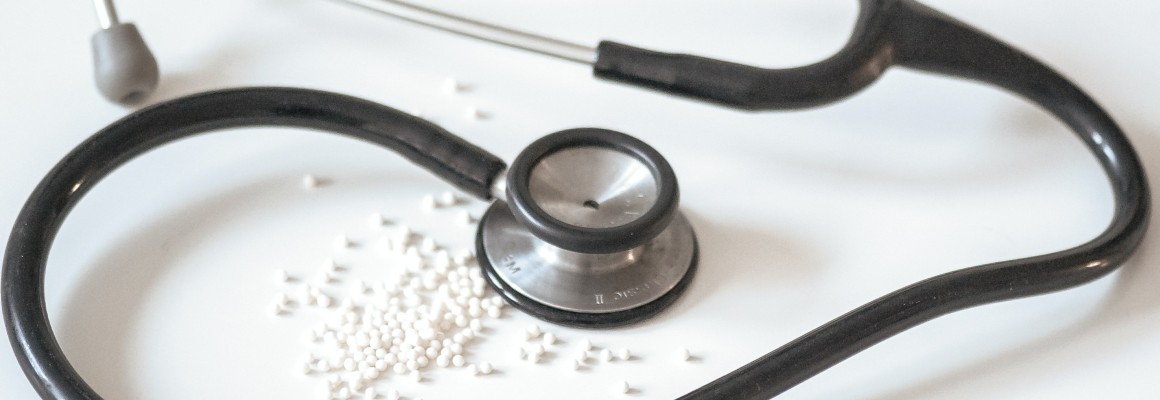
In certain situations, you will be able to make a clinical negligence claim on behalf of somebody else. Coles Miller Partner,...
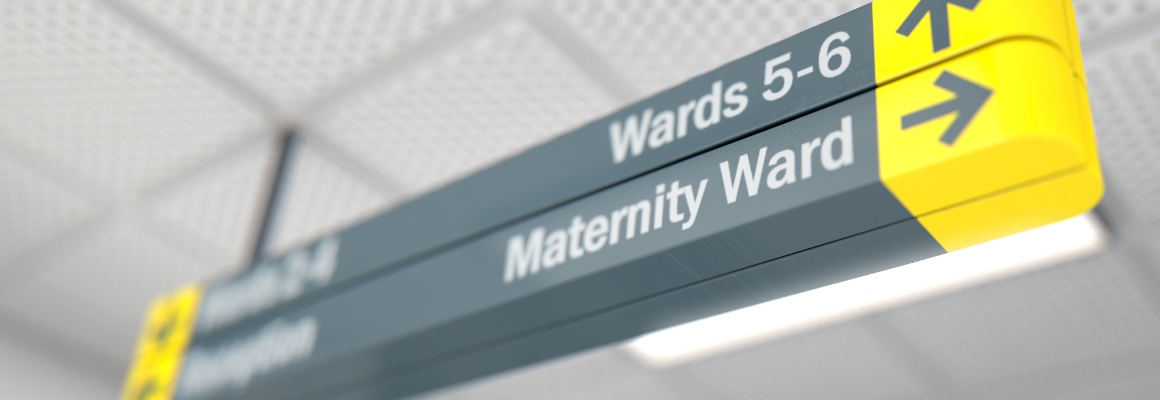
Medical negligence claims against NHS maternity wards have reached record levels. Read the latest blog post from birth injury...
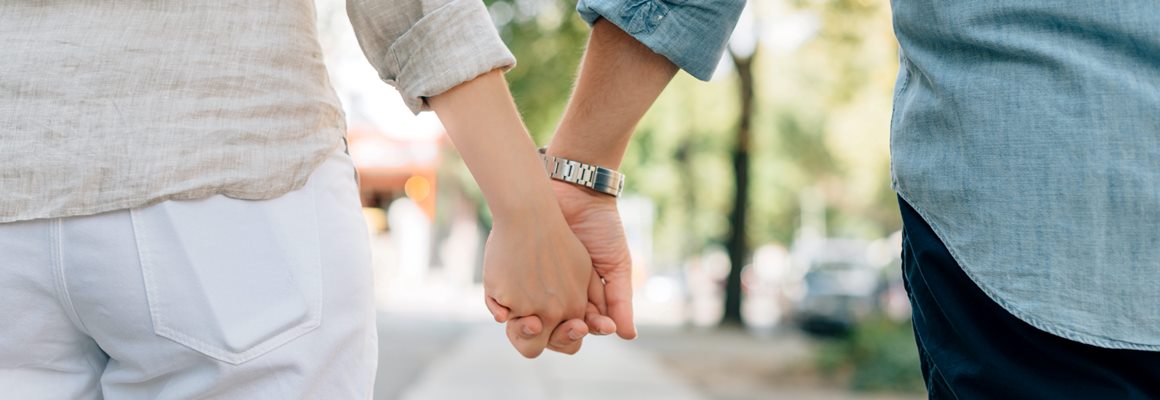
Cohabiting couples are taking a huge financial risk. You could get a 40% Inheritance Tax (IHT) bill just because you're not...
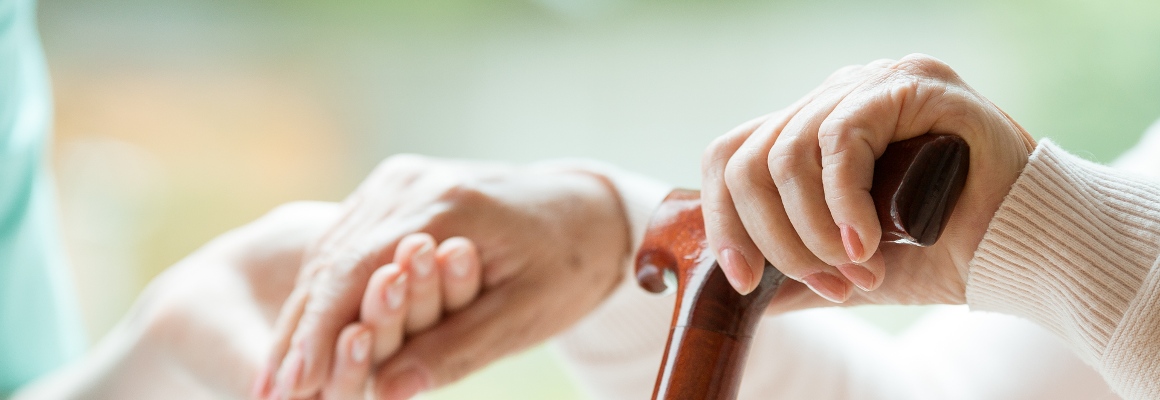
NHS Continuing Healthcare is fully funded care for people with complex ongoing health issues. This care is not means tested. Find...
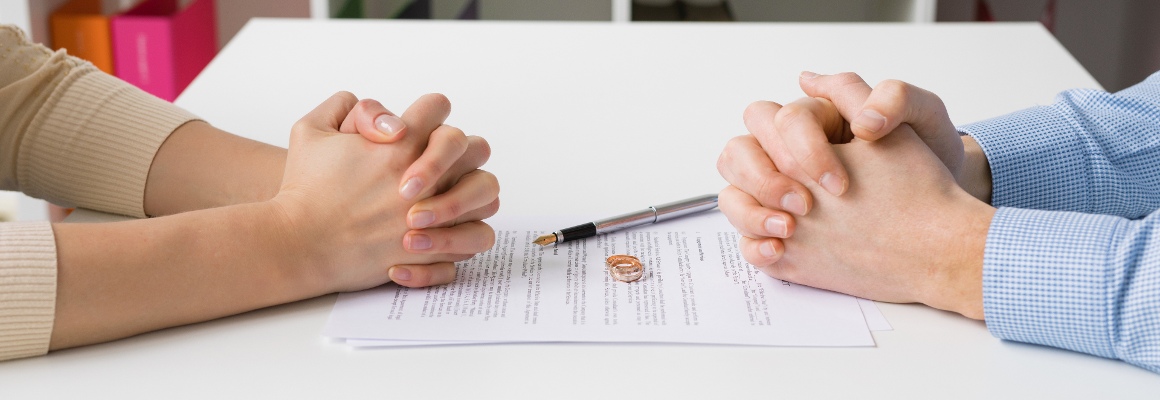
Divorcing? Separating? You will need a consent order to finalise your financial arrangements. Start the process now to avoid...

Wondering the difference between freehold and leasehold property? Watch our video to find out the answer...
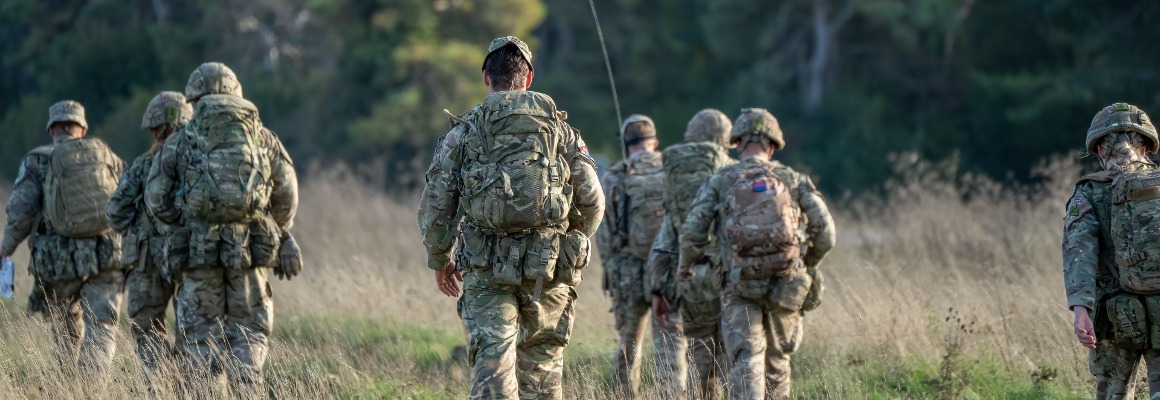
Did you sign an MoD Form 106 military will without taking legal advice? This could impact your family's financial future. Learn...
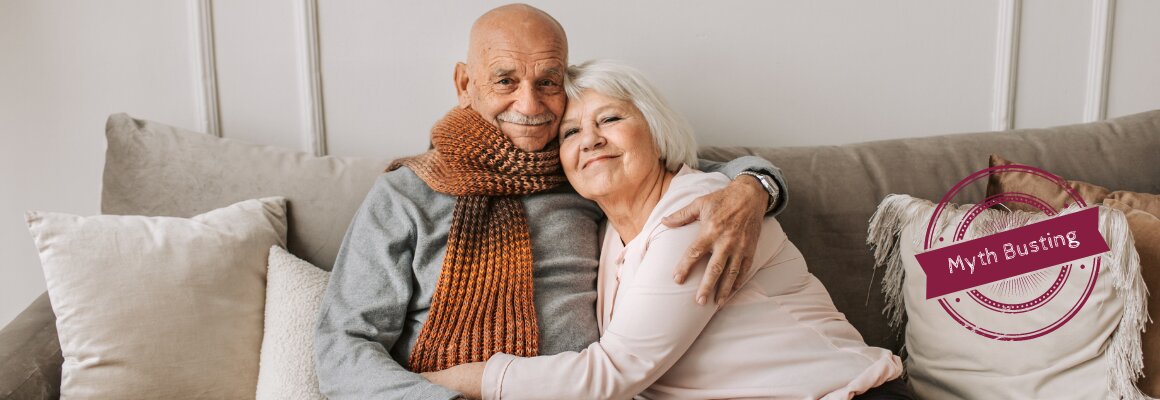
Many people assume that when they die their home, savings and possessions will automatically pass to their spouse. Read more...
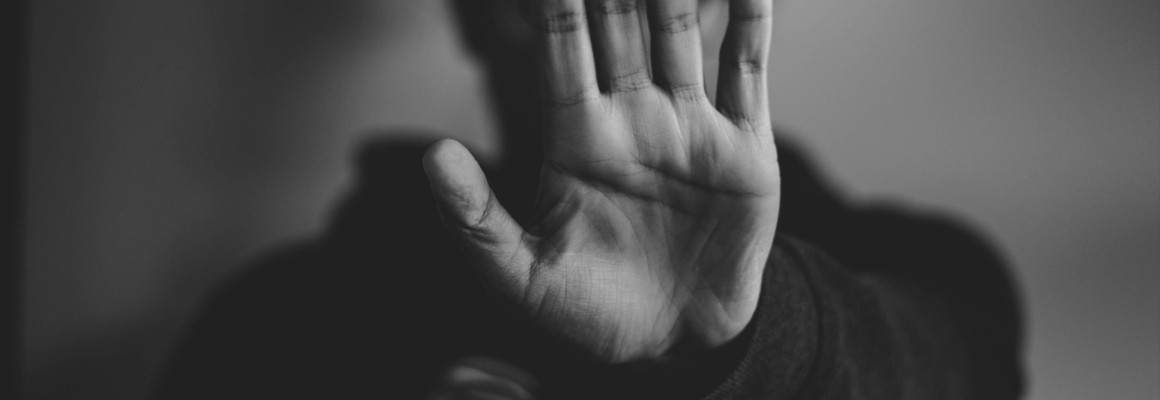
Compensation for sexual abuse can be up to six figures. Numbers of claims are expected to increase significantly. Learn about no...

How you pay for care home fees is changing in October 2023. Plan ahead now - or you could end up paying more than you need for...

Inheritance Tax on grieving families has never been higher: a record £7.2 billion this tax year, says the OBR. Learn how to reduce...

The Renters (Reform) Bill is sending shockwaves through the private rented sector, hitting landlords and tenants alike. Learn how...

Discover why more couples are signing legally binding prenups, why you need one, how much it costs, how long it takes, how the...

You can apply to have a will changed if the person has lost mental capacity. You can do so by applying for a statutory will. Find...
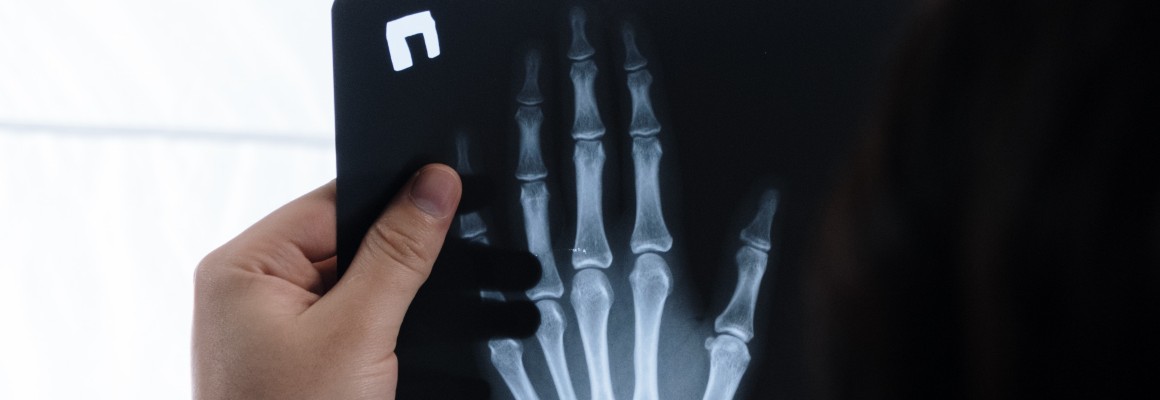
Are you looking to change your legal representative? Watch our video for expert advice...

Divorced/separated and want to take your child on holiday? Or want to stop your former partner from taking your child abroad?...

Employee long-term sickness is more common now. Read this detailed guide to obtaining medical advice, occupational health...
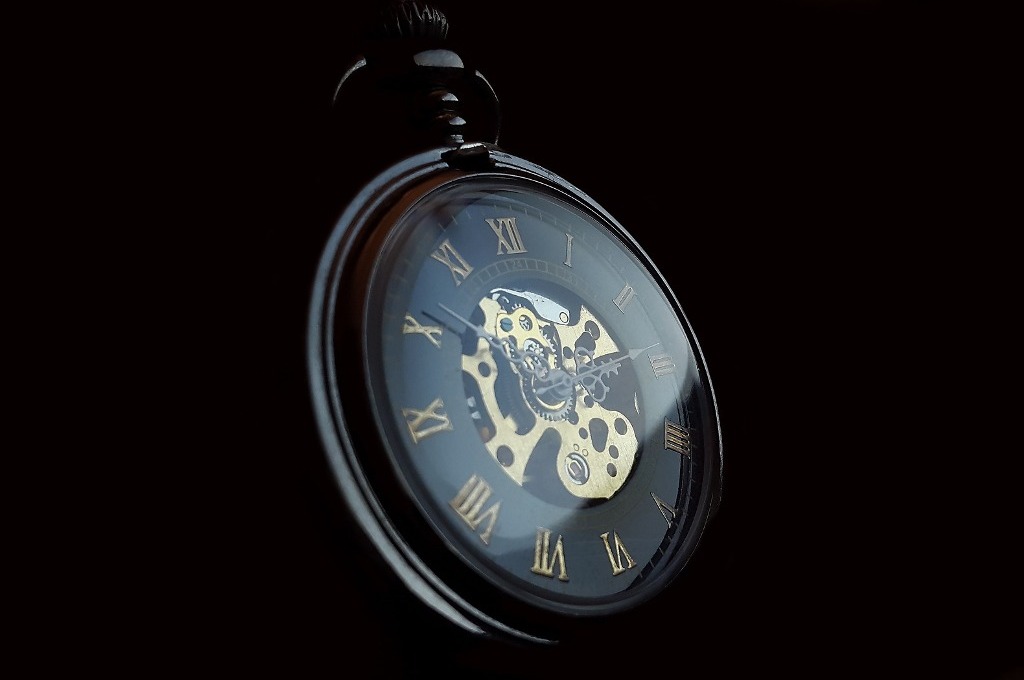
Discover the 13 key trigger points when you should write your will. Dying without a will can leave your grieving loved ones with...

You still need a lease even if you've bought the freehold. Find out why here. Read how to extend the lease. Learn about the...